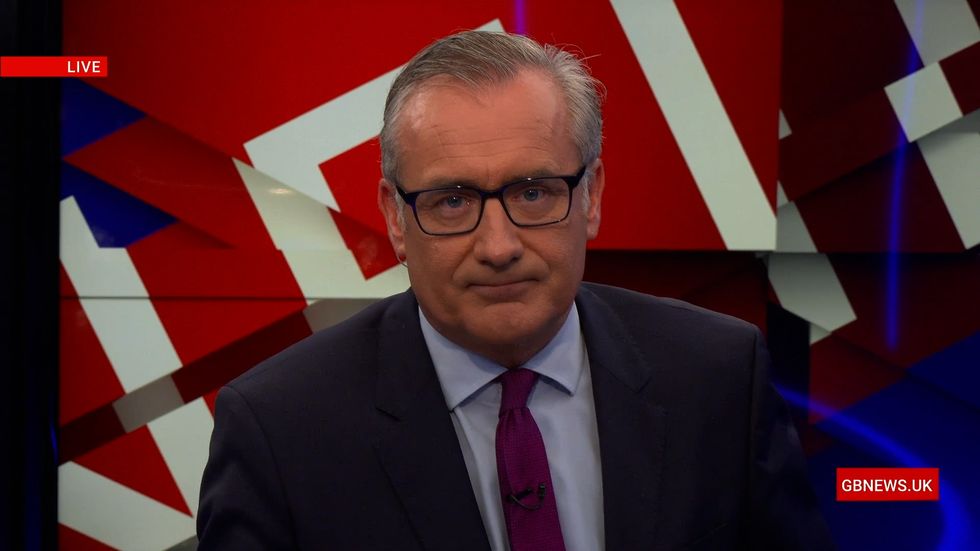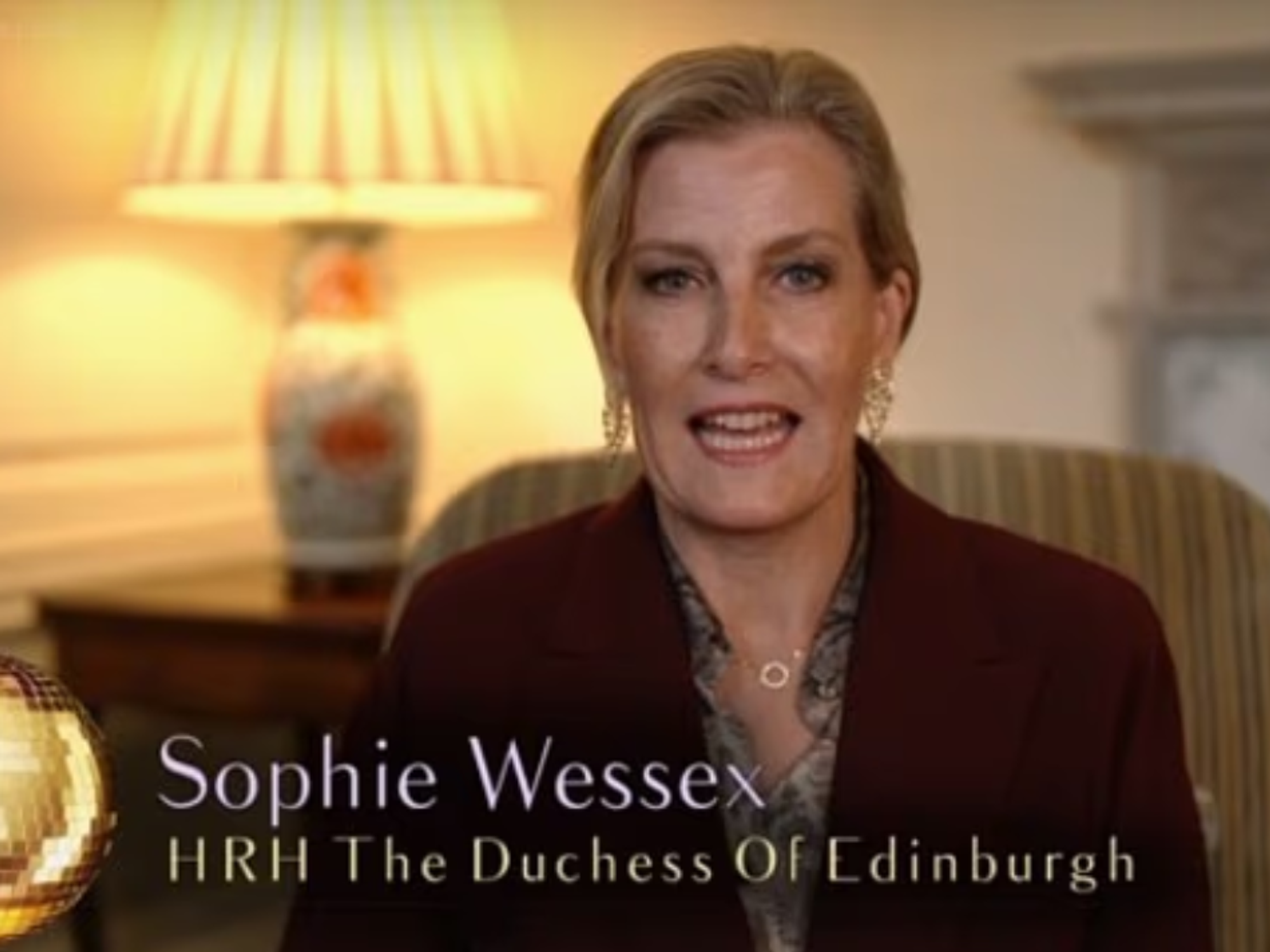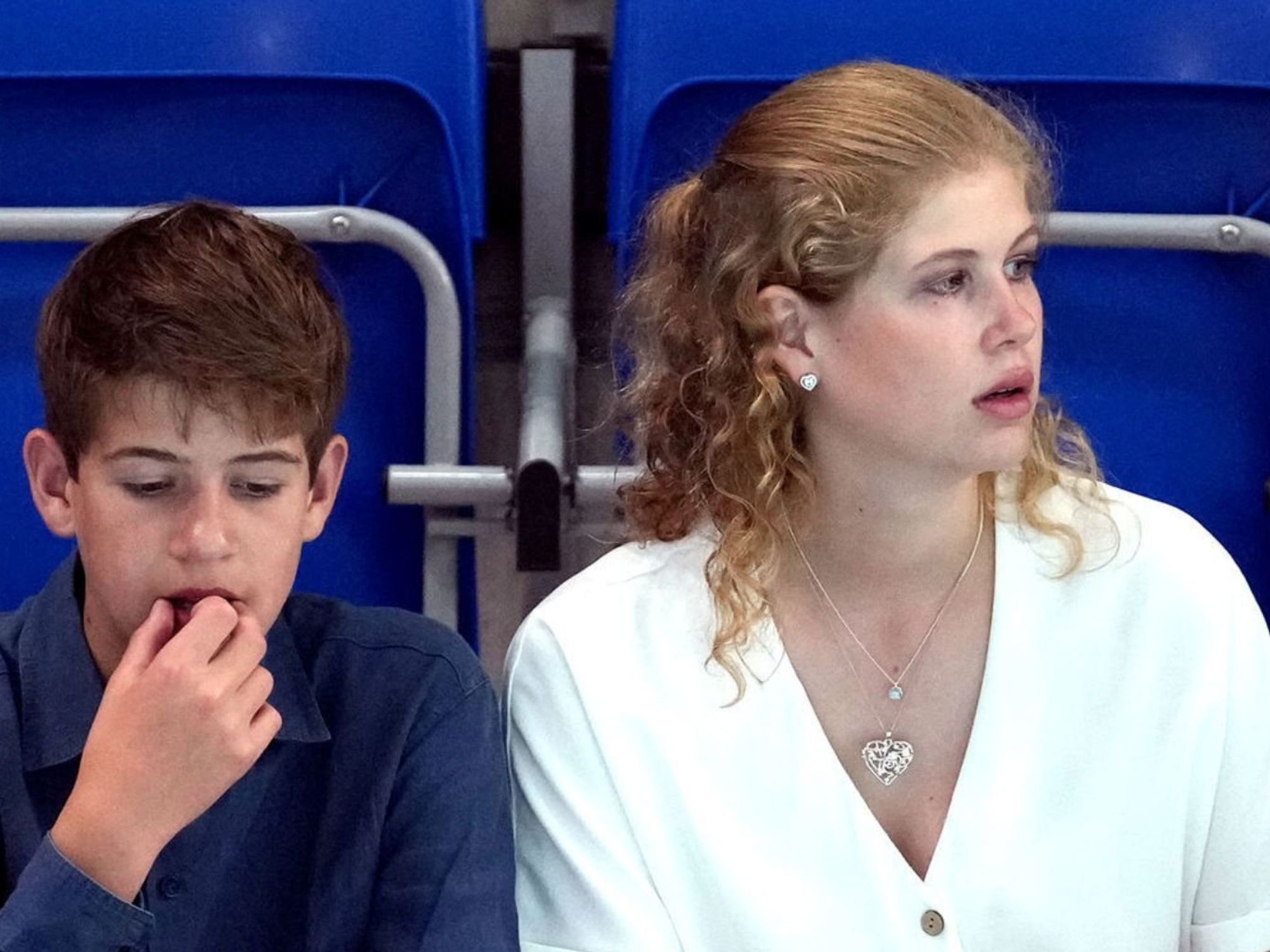Colin Brazier: The world remains full of brilliant young people who haven’t been to university and who’s whole attitude to life is better for it


By Colin Brazier
Published: 09/08/2021
- 20:11Updated: 14/02/2023
- 11:10Students will pick up their A-level results tomorrow
Don't Miss
Most Read
In the morning thousands of teenagers will get their A-level results. My daughter will be one of them. If she doesn’t get her grades, I might remind her that results day this year coincides with the anniversary of the Mines Act in 1842, when Britain stopped girls being used to dig for coal underground.
I might remind her of that, but I probably won’t.
Because the last thing a young person wants to be told when things don’t go their way, is that their life is a doddle compared to previous generations. My daughter doesn’t compare herself to my generation, when one in ten went to university, but to her own, when virtually every other person does.
In all probability she’ll get the grades she needs.
Ever since her late mother got cancer, she’s set her heart on being a doctor, and she works incredibly hard, as all would-be medics must.
But what about those who don’t make the grade tomorrow.
Well, every year you’ll switch on the news channels to see live interviews with beaming children, proud parents, effusive teachers and occasionally, the tears and rending sobs of a disappointed candidate. And you’ll also hear debates about whether university – with all that ensuing debt - is still worth the candle. Increasingly you’ll also hear the case made for apprenticeships and why avoiding higher education need not be a bad thing.
The world remains full of brilliant young people who haven’t been to university and who’s whole attitude to life is better for it. I can think of one non-graduate in this building, not much older than my daughter, who’s already rising rapidly up the ranks while his contemporaries are still finishing their media studies degrees and sleeping-in a lot.
All these things, or versions thereof, get said every year. But here’s my attempt at an original thought or two.
The first is this: I won’t be distraught if my daughter doesn’t get the grades in a few hours that will set her on the road to becoming a doctor, or not. That’s not because I don’t love her – I love her very much. But you see, she has five siblings. And one thing you learn as the parent of a big family, is that your ability to shape a child’s life is limited. It’s limited by the fact that there aren’t the hours in the day for me to hover over her like some helicopter parents can and do over their children.
And it’s limited in another, more profound way too. If I only had one child, and, with our birth-rate at an all-time low, that’s the reality for the majority of new British parents – then I’d be less relaxed about tomorrow. All my expectations and, dare I say, even quite a lot of my self-worth, would be concentrated in that one child. As it is, I’ve seen what a genetic roulette wheel child-bearing actually is. Same DNA, same parents, very different children. Some are academic, others are sporty. Some are bookish, others are extrovert.
A parent of an only-child hasn’t got that perspective. I’ll say at this point what I always say, because this is a subject about which people increasingly feel prickly. This is not to criticize only-children or their parents, many of whom have an only-child through circumstances not choice. It is, however, to point out that multi-child families might be less inclined, or for that matter, able to join the arms-race of our increasingly scholarised, pressurised and credentialed society.
I happen to think that ducking that arms race might not be a bad thing, for reasons I gave in a book I wrote about big families a few years ago, but which there isn’t time to get into now.
For now, suffice to say, that if my daughter flunks her exams tomorrow, I won’t take it as a personal slight, no more than I would see it as MY success if her brother or one of sisters went to Oxbridge.
I’ve learned, as the parent of several children, that there are many different roads to achievement.
For a growing number of parents, tomorrow will mean more than it should because it’s the one and only results day, outside their own, that matters to them.










